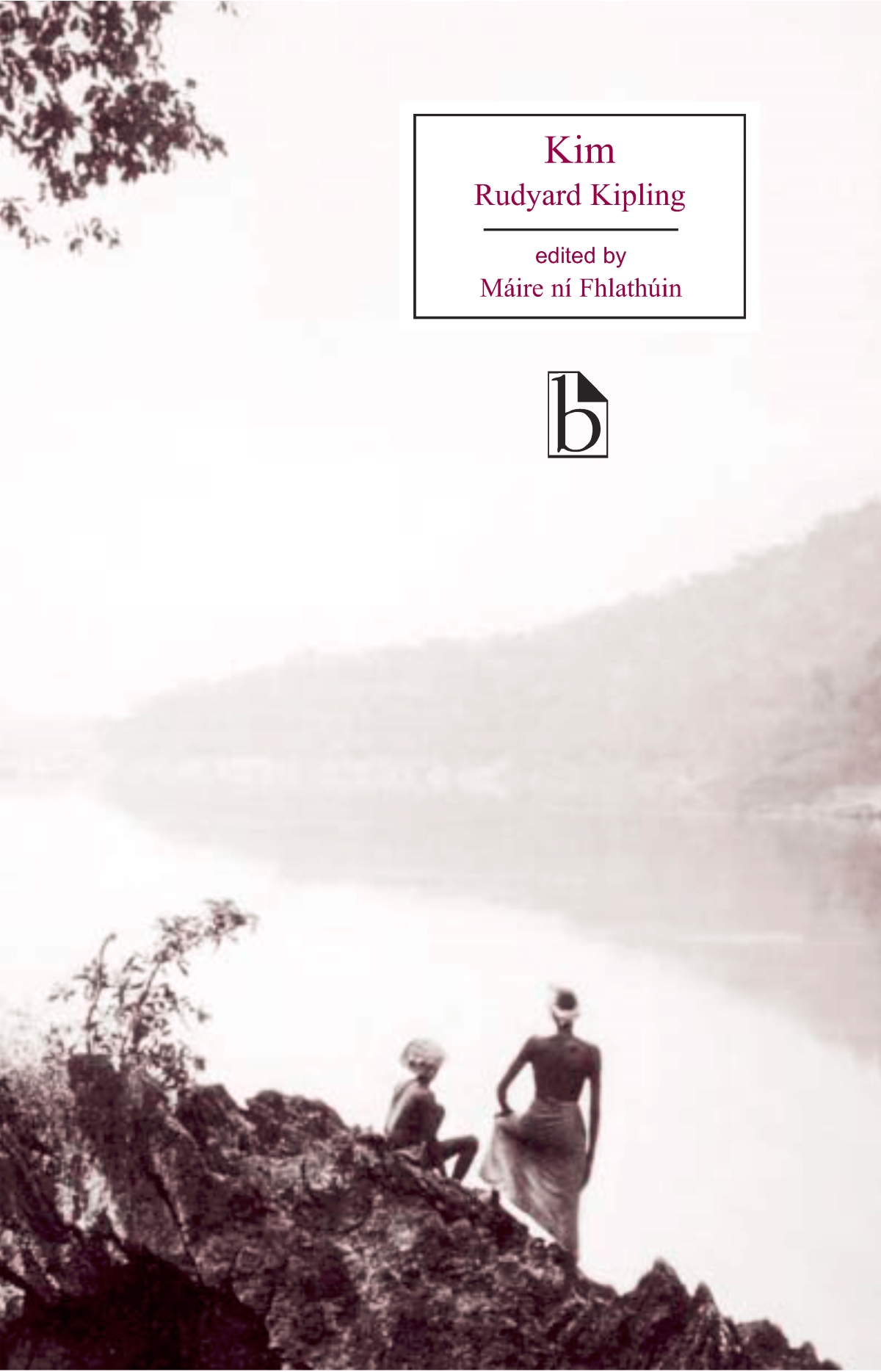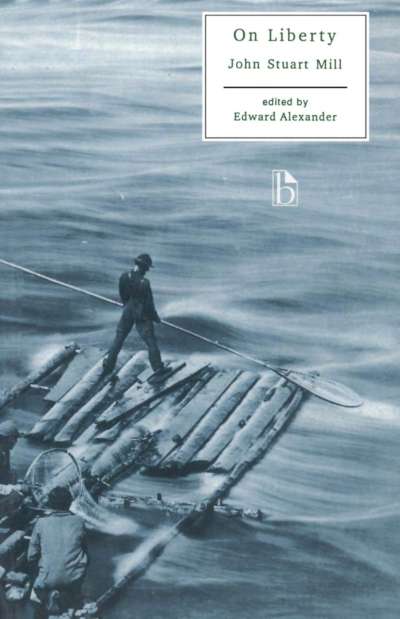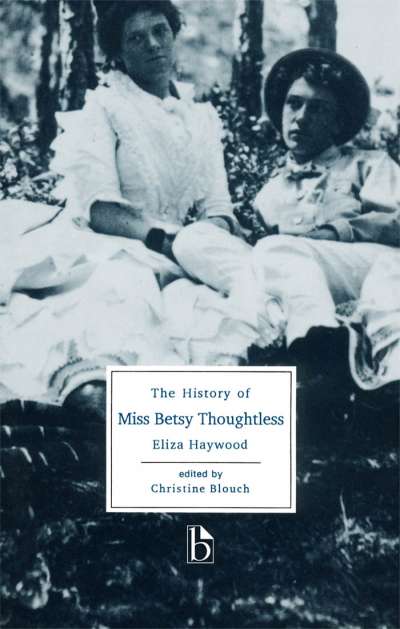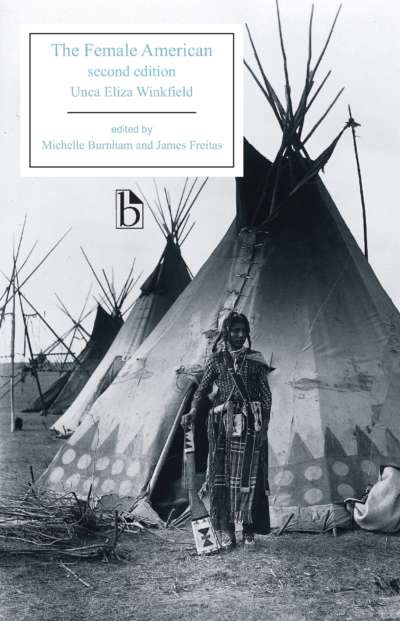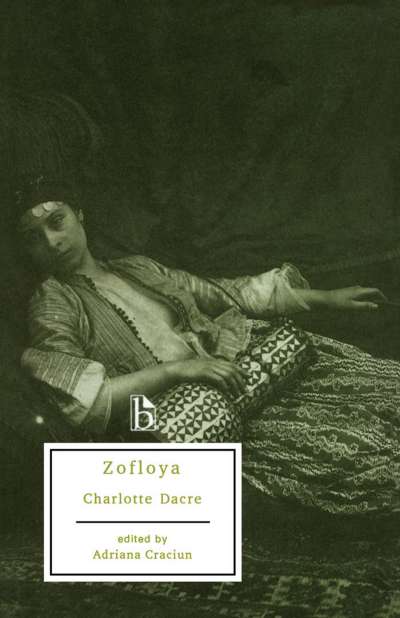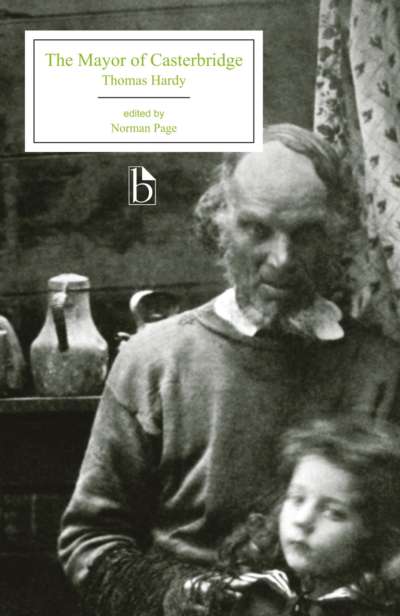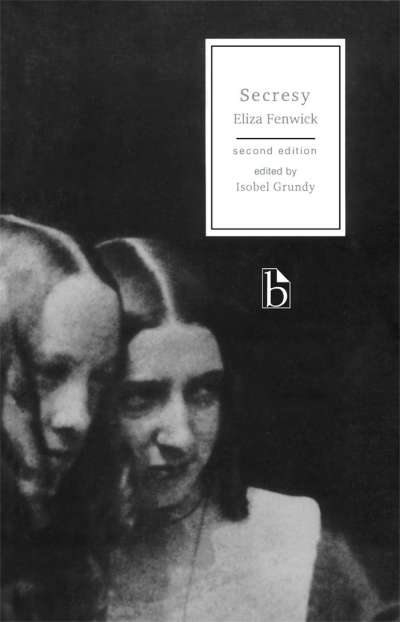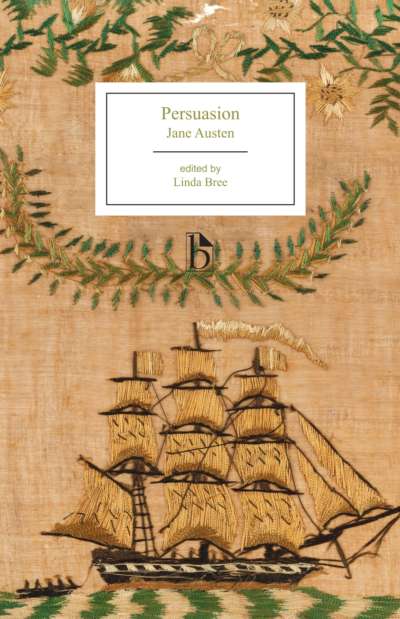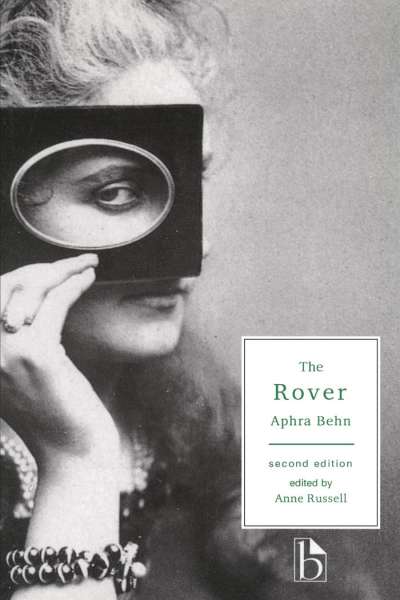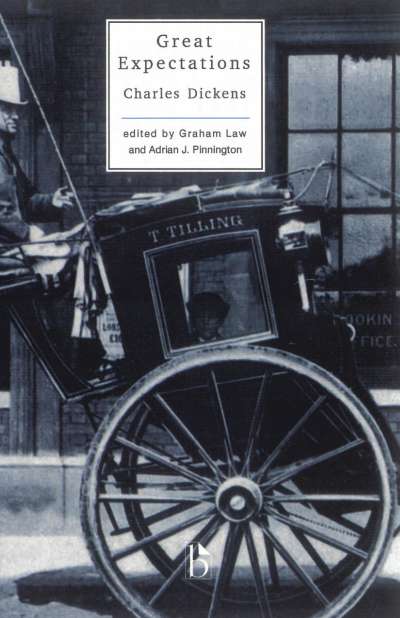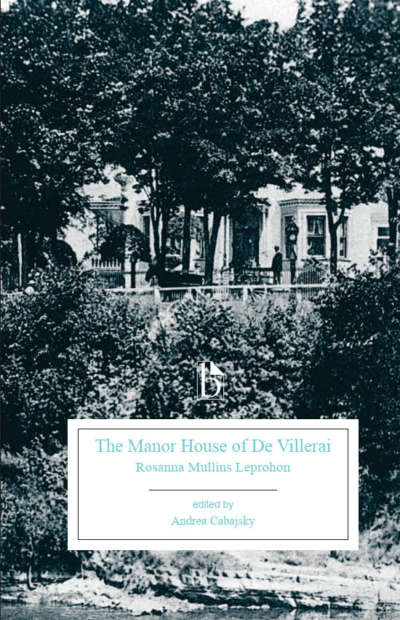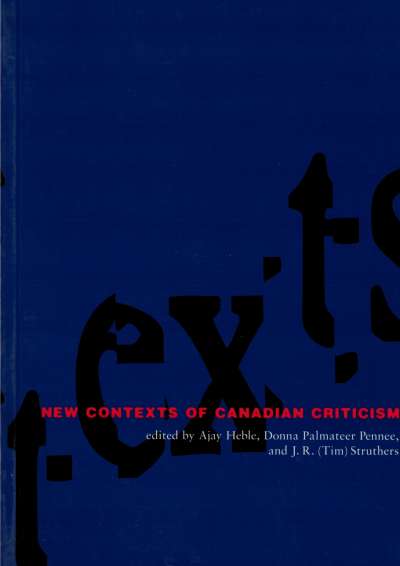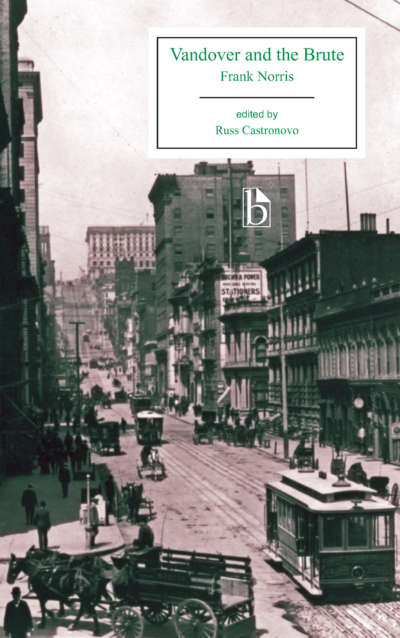Kim tells the story of Kimball O’Hara, an orphaned Irish boy growing up in late nineteenth-century India, and his quest for identity as he strives to reconcile his Western inheritance with the Indian life he has always known. This edition sets the novel in the context of the historical period and addresses Kipling’s ambivalent relationship with India, the Empire’s treatment of the “other” classes and races who worked to maintain the British presence in India, and the place of Kim in Kipling’s career as a writer.
Appendices include contemporary reviews of the novel and historical documents on Britain’s and Russia’s struggle for control of Asia, Indian colonization, and the writing of Kim.
Comments
“Máire ní Fhlathúin’s new edition of Kim is a welcome event. The substantial and scholarly, yet accessible, introduction contextualises the novel in important new ways. This is complemented by a diverse range of supplementary material, which allows the reader to appreciate more clearly some of the debates, texts, and contexts by which Kipling was influenced as he wrote his masterpiece. This is an edition that will appeal alike to the student, scholar, and general reader.” — Bart Moore-Gilbert, Goldsmiths College, University of London
Acknowledgements
Introduction
Rudyard Kipling: A Brief Chronology
A Note on the Text
Kim
Appendix A: The Writing of Kim
- From Rudyard Kipling, Something of Myself (1937)
- Rudyard Kipling, “Lispeth” (1890)
- From Rudyard Kipling, “Kim o’ the ’Rishti”
Appendix B: Contemporary Responses to Kim
- From Blackwood’s Edinburgh Magazine (December 1901)
- From George Moore, “Avowals V: Kipling and Loti,” Pall Mall Magazine (July 1904)
- From Dixon Scott, “Rudyard Kipling,” Bookman (December 1912)
- From Robert Baden-Powell, Scouting for Boys (1910)
Appendix C: The Great Game and the Survey of India
- From the Correspondence of Arthur Conolly (1889)
- From G.B. Malleson, The Russo-Afghan Question and the Invasion of India (1885)
- From Archibald R. Colquhoun, Russia against India: The Struggle for Asia (1900)
- From Charles E.D. Black, A Memoir on the Indian Surveys, 1875-1890 (1891)
Appendix D: Colonizers and Colonized
- From Evelyn Baring, Earl of Cromer, Modern Egypt (1908)
- From Archibald R. Colquhoun, Russia against India: The Struggle for Asia (1900)
- From F. Anstey, Baboo Jabberjee B.A. (1897)
- From T.B. Macaulay, “The Necessity of English Education” (1835)
Appendix E: Buddhism in Victorian Britain
- From William Wilson Hunter, The Indian Empire (1882)
- Rudyard Kipling, “Buddha at Kamakura” (1892)
- From Edwin Arnold, The Light of Asia (1908)
Works Cited / Recommended Reading
Máire ní Fhlathúin is a Lecturer in English Studies at the University of Nottingham. Her publications focus on postcolonial literature and history, especially the literature of British India.

